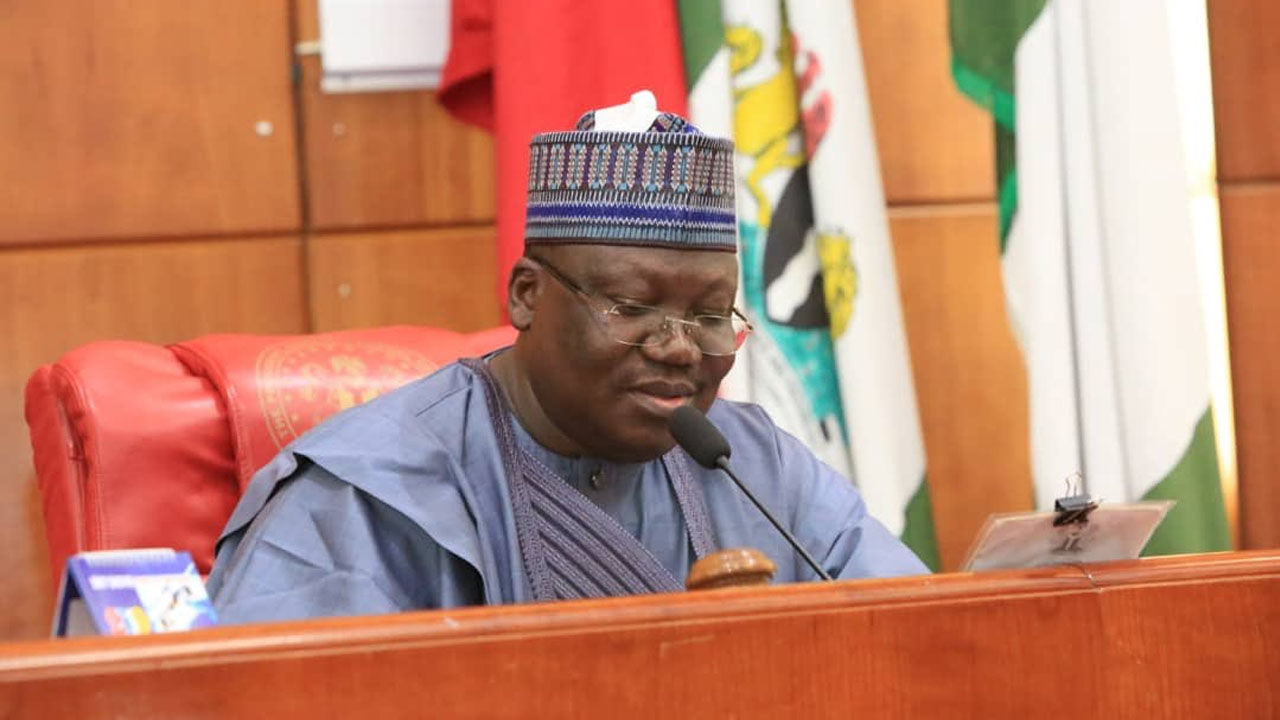Nigeria will enjoy full economic benefits from its partnership status with the BRICS alliance despite not being a full member, according to the Minister of Foreign Affairs, Yusuf Tuggar.
Speaking on Channels Television, the minister emphasised that the country remains strategically aligned with global partners and faces no threat of geopolitical fallout from deepening ties with the BRICS bloc.
BRICS, the alliance of Brazil, Russia, India, China, and South Africa – recently expanded to include new member countries and observers, including Nigeria.
Tuggar clarified that although Nigeria is not a full member, the current partnership status offers all the economic advantages without the political constraints that sometimes come with full membership.
“The BRICS partnership status comes with all the benefits of being a member, but without the political liabilities that may accrue,” Tuggar said.
“It’s not a bloc against any other country or group. It is primarily a coalition of developing nations in the southern hemisphere looking to reform the global economic and political order created post-World War II.”
Nigeria’s increasing interest in BRICS aligns with broader efforts to move away from the restrictive policies of institutions like the International Monetary Fund (IMF) and the World Bank, whose structural adjustment programmes, according to Tuggar, have historically confined countries like Nigeria to exporting raw materials instead of finished goods.
President Bola Tinubu, who attended the BRICS summit, spoke on the growing debt crisis in Africa and proposed the establishment of an international sovereign debt restructuring framework. Tuggar said the president’s proposal resonated with many leaders at the summit.
“President Tinubu called for a fairer system to address the sovereign debt challenges facing many developing nations,” Tuggar noted. “Much of Africa’s debt has been used to service old loans from developed countries, leading to a cycle of dependency. This needs to change.”
He added that Tinubu’s intervention drew widespread interest and support at the summit, particularly in light of growing global recognition that developing nations are paying a disproportionate cost for climate change and economic instability that largely originated in developed economies.
Beyond finance and debt restructuring, Nigeria is also exploring partnerships in energy and agriculture under the BRICS umbrella. The minister noted the prohibitive costs of transitioning to renewable energy and said alternative funding models are necessary to support countries like Nigeria.
“Technologies such as solar and wind are expensive. We need access to climate financing tools that do not increase our debt burden,” Tuggar said.
One example of productive cooperation already in motion is Nigeria’s partnership with Embrapa, Brazil’s agricultural research corporation. Tuggar described how Brazil transformed its cerrado savannah region — previously unsuitable for farming — into one of the world’s top soybean-producing areas through Embrapa’s soil improvement research.
“They used lime to reduce acidity in the soil, and now it’s one of the most prolific agricultural zones in the world. We are partnering with Embrapa to improve Nigeria’s soil quality and crop yields,” he said.
Additionally, Brazilian investors are pledging over $2.2 billion into Nigeria’s agricultural and livestock sectors. Tuggar revealed that Brazilian companies, such as JBS-owned Batistas, are set to invest in cattle farming and feed production in Nigeria.
Trade between both nations is also poised to grow, with Nigeria already exporting fertiliser to Brazil. The minister added that Nigerian-made polymers and synthetic fibres could find a growing market in Brazil’s garment industry, particularly for sports apparel.
In aviation, Tuggar disclosed plans for direct flights between Lagos and São Paulo through Air Peace, pending final regulatory approvals. Brazil’s aviation authority has reportedly expressed readiness to clear the route once Air Peace acquires the appropriate aircraft.
“The two presidents, Tinubu and Lula, made it clear that there is no time to waste. They both emphasised urgency. President Lula is 79, and President Tinubu is 73. They want results quickly,” Tuggar said.
Responding to concerns about possible backlash from the United States or other Western powers due to Nigeria’s alignment with BRICS, Tuggar dismissed such fears. He pointed out that Nigeria continues to maintain positive relations with the United States, particularly in areas of mineral development and trade.
“There’s no cause for concern,” Tuggar asserted. “The United States wants to do business with African and Asian countries. Nigeria has critical minerals like lithium and rare earths, including samarium from monazite, which are essential in modern industries.”
According to the minister, Nigeria’s strategic value lies not just in its resources but in its positioning as a regional powerhouse. He said the country’s balanced foreign policy allows it to maintain partnerships across traditional lines, whether with the West, the East, or emerging economies.
“We’re in a very good position. We can work with BRICS, we can work with the West. What matters is what serves Nigeria’s national interest,” he said.
The Foreign Affairs Minister concluded by reaffirming Nigeria’s commitment to multilateral diplomacy, citing the country’s push for reform of the United Nations Security Council and broader representation of African voices in global decision-making.






